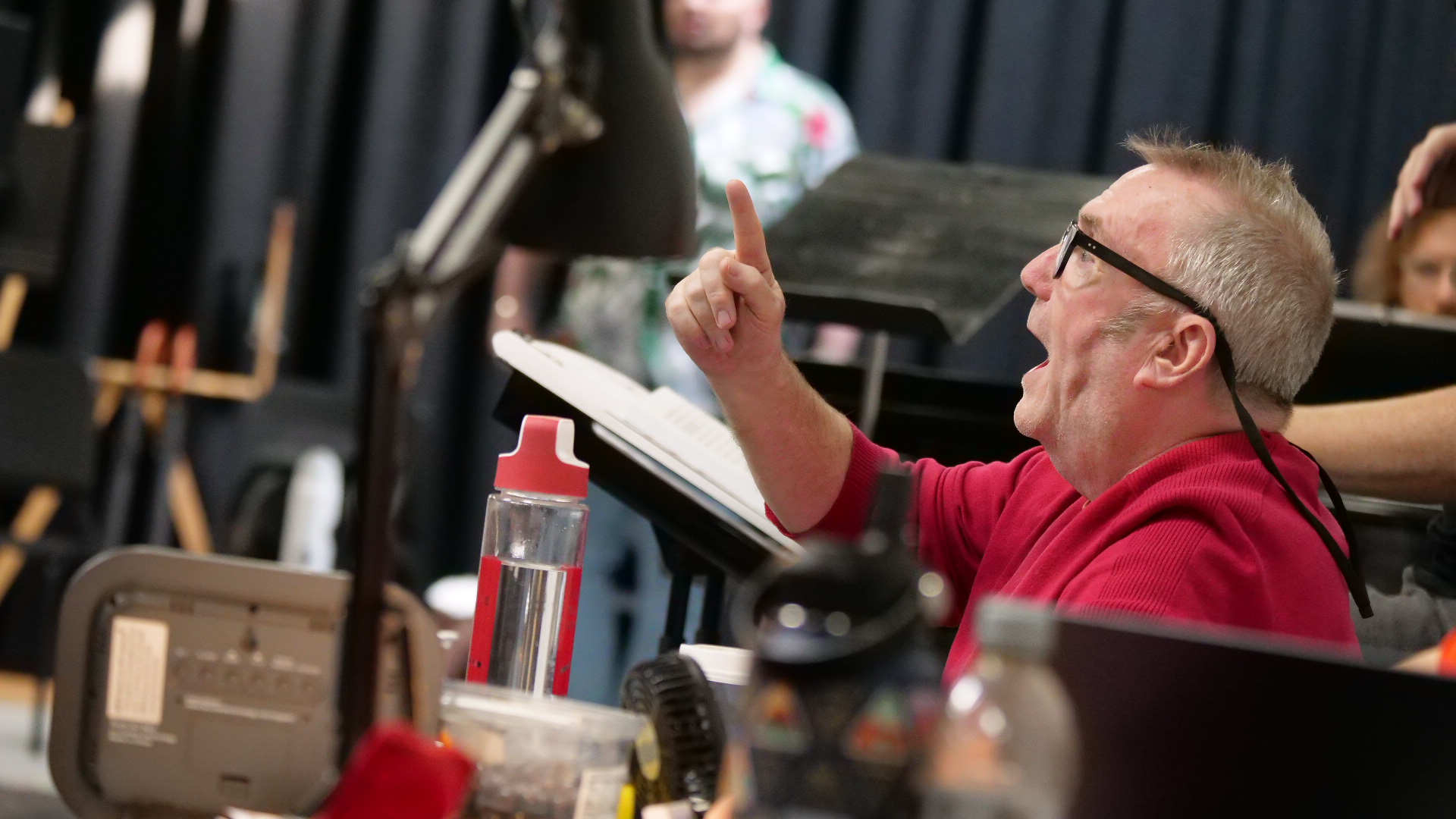
The Barber of Seville: From the Director
(To have this text read to you, or to translate it, select the blue accessibility icon at the bottom right of your screen)
Rossini's The Barber of Seville is probably the best known comic opera in the world. Even non-opera goers know its overture from countless films, cartoons, and advertisements, and Figaro's iconic, bravura aria “Largo al factotum” is even more famous. It was the first opera that I saw in the theater and I guess was the piece that got me hooked on opera. Yet beneath the comic veneer there exists another layer.
The opera is based on Beaumarchais's play of the same name, part of a trilogy of works (the others being The Marriage of Figaro and The Guilty Mother, both turned into operas by Mozart and Milhaud respectively) that the playwright used to attack the aristocracy and privilege in general in eighteenth century France. The Barber of Seville is often thought of as musical commedia dell'arte, but Beaumarchais subverts that tradition into something superior. He uses that most potent and subversive of political weapons - humour - to lampoon the foibles of the ruling class. Napoleon even described The Marriage of Figaro as "the (French) revolution put into action."
As with the Mozart opera, Rossini and his librettist Sterbini downplay the politics, but do not get rid of them entirely. Figaro's Act One aria mentioned above is the anthem of the self-made man, proudly boasting of and delighting in the success his wit and ingenuity have brought him. He is contrasted with the aristocratic Count Almaviva, who has the money that Figaro lacks, but whose privilege and wealth put him in the ridiculous position of being both too proud to soil his hands on intrigues and too indolent to even think for himself—he has to pay somebody else (in this case Figaro) to do it for him. Lacking Figaro's peasant ingenuity, he is too "thick" to think. His sense of his own nobility, due to his lineage and position in the social order, consistently trip up Figaro's plans. Their relationship may seem like friendship, but is in fact purely transactional...they both need something from each other.
Where they are united is in their dislike of Doctor Bartolo. The emergent bourgeoisie in the eighteenth century were figures of ridicule. The aristocracy's dislike stemmed from their fear of the increasing wealth and political clout of the "middling classes," and the lower orders disliked them out of envy at their growing dominance. Almaviva's dependence on Figaro is mirrored by Doctor Bartolo's dependence on Don Basilio, that least charitable and most hypocritical of priests, to do his dirty work for him (for a price), and it is Don Basilio who teaches Doctor Bartolo how to scheme in the same way that Figaro teaches Almaviva.
